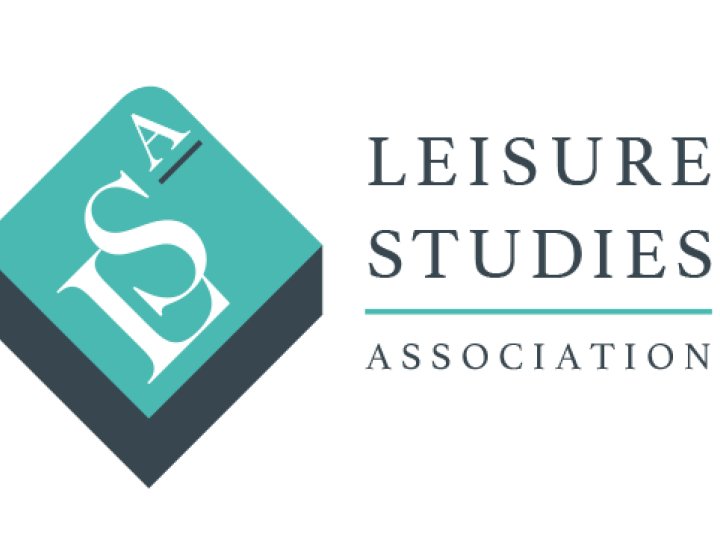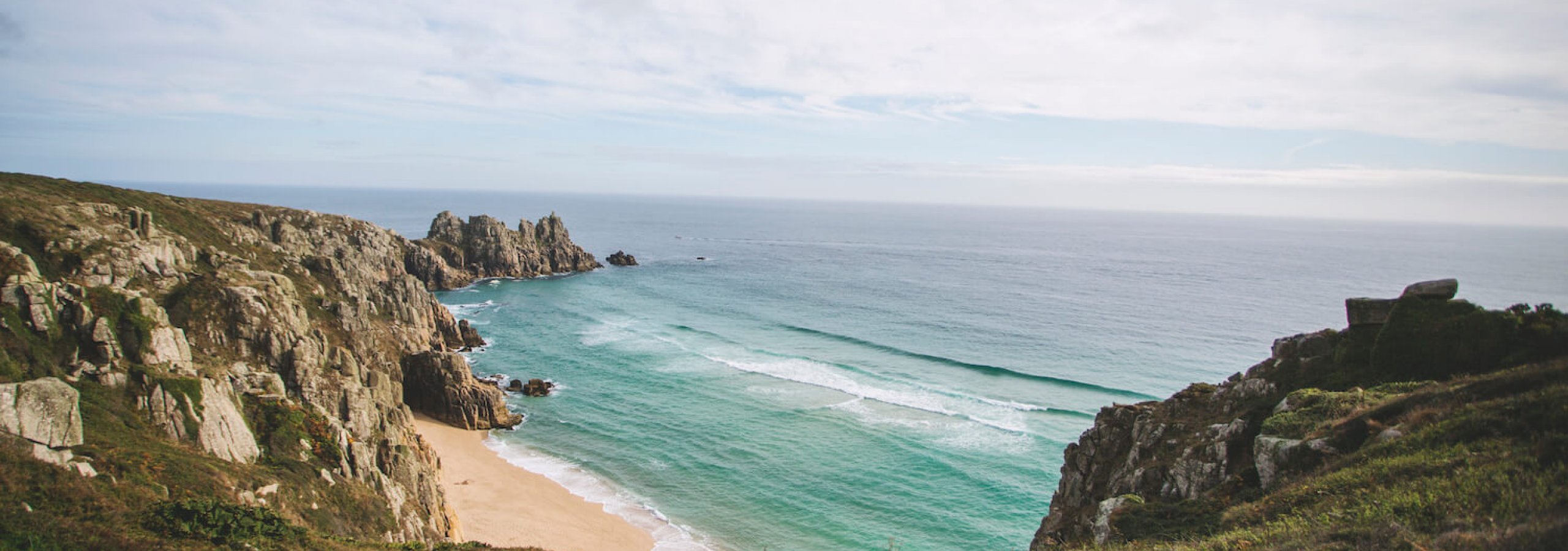Project details
| Project lead | Clare Hearn |
|---|---|
| Centre alignment | Centre for Heritage, Culture & Society |
| Start date | July 12 2022 |
| End date | July 14 2022 |
| Location |
Falmouth University (Penryn Campus) and online |
Call for Papers
The conference's broad overarching theme is the relationship between leisure and inequality, ultimately considering the ongoing question, for whom is leisure? The conference aims to explore this through the sharing of research, education and practice, and the Scientific Committee now invites researchers, educators and practitioners, amongst others, to submit abstracts for Papers, Posters, Workshops, Panels and Productions inspired by the following sub themes:
Leisure and accessibility
To feature contributions that focus on the access, provision and creation of leisure activities for and by marginalised communities and groups.
Leisure and creativity
To feature contributions that explore the relationship between creativity and leisure, including the framing of creative practice as leisure, and the relationship between creativity, creative practice and social inequality.
Leisure and the dark
To feature contributions that explore leisure activities and narratives which have been or which continue to be framed as dark, and how this contributes to marginalisation and continued inequalities.
Leisure and placemaking
To feature contributions that consider the mythologies and narratives of place in which leisure features as symbol, and how these illuminate and perpetuate identities and inequalities.
Leisure and social/cultural capital
To feature contributions that explore leisure identities and the role that the pursuit of leisure has in generating social and cultural capital and perpetuating social segregation.
Leisure and regeneration
To feature contributions that highlight how leisure informs regional and broader development agendas, including those which consider the role of the leisure industries (including cultural and creative sectors), and impact on future policy.
In addition to these six subthemes, we also invite contributions in any other area of leisure research, teaching and practice.
Both Falmouth University and the Leisure Studies Association share a keen interest in the evolution of integrated research approaches and practices, and thus particularly welcome cross, multi, inter and transdisciplinary contributions from researchers and practitioners from a variety of disciplinary and cultural backgrounds and locations.
Submissions Guidance
For all the information you'll need about our submissions guidance, please refer to the document below:
Falmouth and the Leisure Studies Association
This conference will be supported by three key areas of Falmouth's research agenda: Inequality and Storytelling, Creative Industries Futures and Dark Economies.
Project team
Further details including attendee/speaker information (registration, accommodation, etc) will be released from January 2021.
Conference social media
@LSAFalmouth2022
#FalLSA22
If you have any questions about the conference, or would like to be involved in the design and delivery of the event, please email:
Project Organisation
- Conference chair - Clare Hearn (Senior Lecturer, Falmouth University, UK)
- Administrative support - Teresa Van Woerkom (Senior Administrator, Falmouth University, UK)
- Experience design support - Onna Rageth (Research Associate, University of Applied Sciences of the Grisons, Switzerland)
Scientific Committee
- Spencer Swain (York St. Johns, UK)
- Briony Sharp (University of West Scotland, UK)
- Aaron Pooley (Soonchunhyang University, South Korea)
- David Scott (Abertay University, UK)
- Ian Jones (Bournemouth University, UK)
- Stefan Lawrence (Newman University, UK)
- Rhiannon Lord (Abertay University, UK)
- Katherine King (Bournemouth University, UK)
- Chris Russell (University of Worcester, UK)
- Kevin Judge (University of Stirling, UK)
- Alexander Bond (Leeds Beckett University, UK)
- Bailey Ashton Adie (Wakayama University, Japan)
- Ruth Heholt (Falmouth University, UK)
- Laura Hodsdon (Falmouth University, UK)
- Clare Hearn (Falmouth University, UK)
Partners
The Leisure Studies Association (LSA) was founded in 1975 in response to the wave of interest in leisure by an independent body of planners, researchers, policy-makers, administrators and practitioners who saw the need to address leisure issues for a broad range of academic disciplines and in industry, commerce and government. They observed the many ways in which leisure represents the state of society and the effects of social change.
The establishment of the LSA created an opportunity for practitioners and researchers to come together to exchange opinions and experience, disseminate information and establish areas for further enquiry in leisure studies areas.
LSA's audience includes scholars in sociology, geography, psychology, economics, planning, architecture, ecological sciences, physical education, recreation management, media studies, cultural studies, local and national government, tourism, and events.
To find out more about the association and membership visit leisurestudies.org.

Leisure Studies Association
The Leisure Studies Association observes the many ways in which leisure represents the state of society and the effects of social change.
Impact & recognition
Social inequality, as represented through engagement with leisure, is a global and local challenge, and the conference aims to explore this through the sharing of international academic research, and through the enabling collaboration between regional industries, public and 3rd sector organisations and higher education providers.
Cornwall presents a stark case study of leisure inequalities and therefore provides an appropriate landscape for the consideration of such realities, and for how research at worldwide institutions can help us articulate issues and design solutions, which may have global application.
